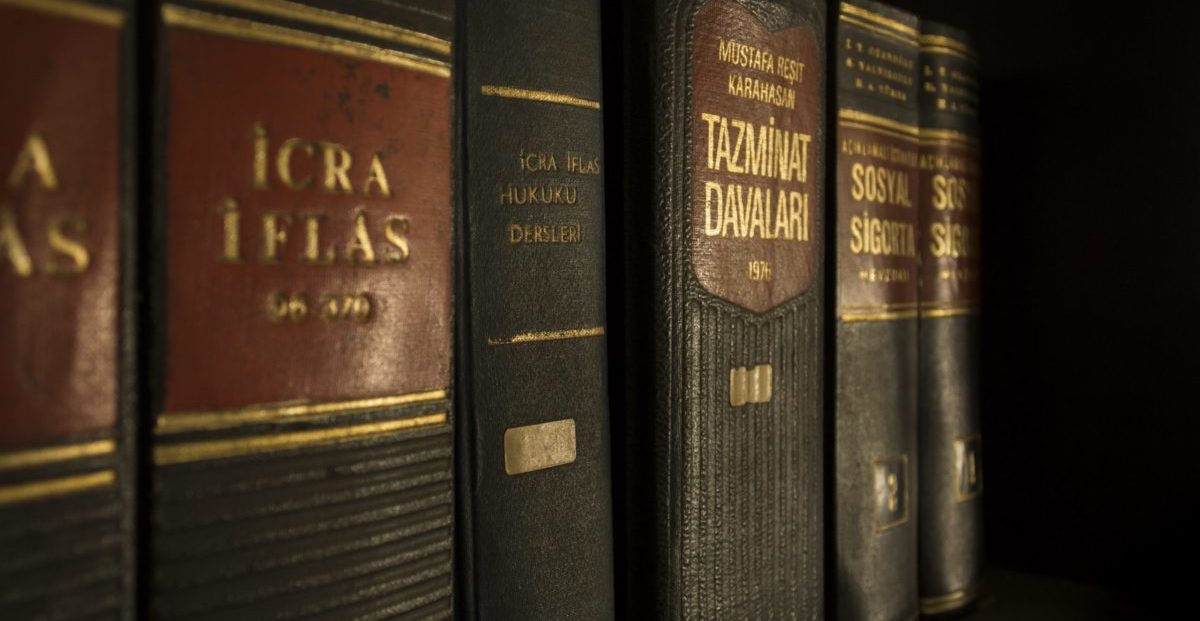Experts, junk science, and life and death
Experts play a special role in both civil and criminal trials. They can make or break your case. The stakes can be millions of dollars or life or death.
The late Dr. James Grigson, known as “Dr. Death,” testified 167 times for the State in capital murder trials. He diagnosed defendants without examining them and claimed that he could predict to a certainty that they would commit future violent acts. Many of them got the death penalty and were executed. The American Psychiatric Association eventually expelled Dr. Grigson for these reasons, yet courts allowed his testimony for many years!
Likewise, a lot of “junk science” has been admitted in civil trials over the years. The capital murder trial of Cameron Todd Willingham in Corsicana, TX featured both civil and criminal experts. A fire expert testified that “crazed glass”–a theory much later debunked–proved that Willingham had set a fire which killed his 3 children. After Willingham was convicted, Dr. Grigson testified that Willingham was an “incurable extremely severe sociopath” based on his tattoos.
Some key ideas for deposing an expert are:
- Know the expert cold—his background, what he has published, prior testimony, articles, conferences, etc.
- Robinson factors—Explore in great detail the factors listed in I. du Pont de Nemours & Co. vs. Robinson, 923 S.W.2d 549, 555 (Tex. 1995) and later cases—the expert’s qualifications, specialized knowledge, reliability, relevance, and factual basis for his opinions.
- Bias—What is his hourly rate? How much has he been paid in this case? What percentage of his income comes from testifying? How many times has he consulted for the other attorney? How often does he consult for plaintiffs and how often for defendants? Argue to the jury: If he has testified for both plaintiffs and defendants, he will testify for anybody; if he testified mainly for one or the other, he is biased.
- Treatises and experts favorable to you–Get the expert to admit that treatises or other experts supporting your case are “authoritative” in his field.
- Expert report—Make him identify every assumption, uncertainty, and unknown contained in his report and justify every opinion in it. Get him to admit that new or corrected facts could make him change his opinions.
- Agreement—Get him to agree with as many of your own expert’s opinions and with as much of your theory of the case as he will.
- Turn the expert’s strengths into weaknesses—Look for the weakness inherent in every strength. For example, a top Oil & Gas professor that I deposed in a breach of contract case involving mineral leases admitted that he had never worked as a landman, never took a lease from a landowner, and never personally entered into a lease. Ironically, and typically, the reasons that he was a top academic expert were the same reasons he lacked real-world experience in mineral leases and the ability to recognize a valid lease.
- Key facts and issues— Focus on the “crucial few” facts and issues in the case. Get the expert to address them in a way favorable to you. Everything else may be irrelevant or worse, distract from what is really important.
- Stay in control— Have an agenda and a game plan. Ask leading questions. Make the expert answer your questions. Ask your question several different ways until you get the answer you want, an inconsistent answer, or a concession.
